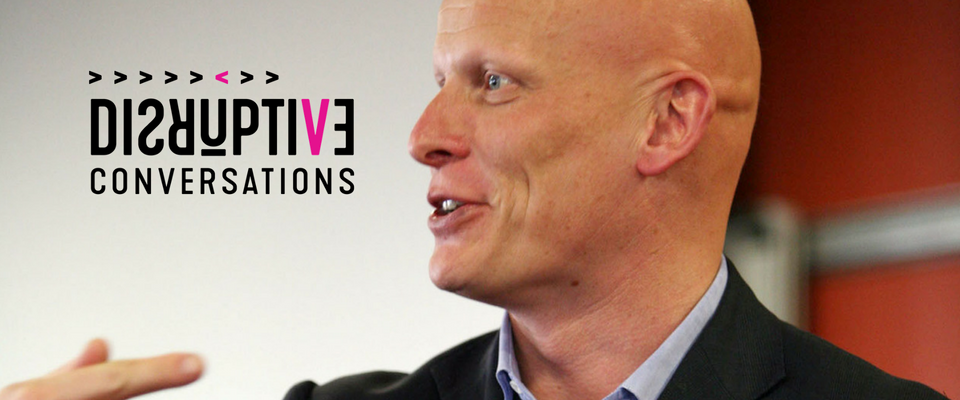At Accenture, one of the world’s largest business consulting firms, there are 45000 people who have volunteered to take a 50% pay cut so they can work in a developing country. It all started with Gib Bulloch, this week’s guest. It all started when Gib was inspired by a Financial Times article. After reading that article, he decided he need to volunteer as a business consultant, in a developing country. Until then, he had always thought of international development as being outside the purview of someone with an MBA. He had always thought of it as work that was done by doctors and nurses. When Gib returned from his volunteer experience, he had been bitten by purpose. He now needed to convince one of the largest consulting companies in the world that they should allow their employees to volunteer for six-twelve months at a time.
How was he going to sell the idea?
Most people walk into their bosses office to ask for a raise. Gib went into his bosses office and asked him for a salary cut. He wanted to convince his boss that Accenture should take on non-commercial clients in underdeveloped markets. Gib decided to write a fake press release. The press release was set two years into the future. It read, “Accenture launches a new business.”
Gib created a business model that allowed consultants from one of the largest consulting firms in the world to work with non-profit organizations. He created a talent magnet for Accenture. The organization found that its most talented employees were the most eager to take a salary cut, they had found a way to bake purpose into their business model.
Today, Gib sees the intractable problems of the developing world as business opportunities in disguise. His experience creating what he calls a “Not for Loss” business model has convinced him that doing good is not dichotomous from doing well. Gib has recently published a book,“The Intrapreneur: Confessions of a Corporate Insurgent”, that details his journey.
In this episode, we hear part of his story and many of his insights after a career of disruptive conversations.
His experience volunteering gave him a sense of purpose
- Investment from employees.
- Investment from the employer.
- Investment form the NGO.
Following your inner voice, the one that is pointing you in the opposite direction of the heard is scary and can be off-putting, but following that voice can take you to in the right direction.
Life is defined by the ordinary.
How would the UN build a Tesla? Look for solutions rather than pilots and projects. Purpose and social outcomes are the names of the game. Purpose-driven employees will understand the need.
One of the ways to ensure that your best talent stays is by bringing purpose to the forefront. Often it is the best innovators and most talented that leave as they seek more purpose-driven opportunities. When you get something that is purposeful, it is a lightning rod for talent.
